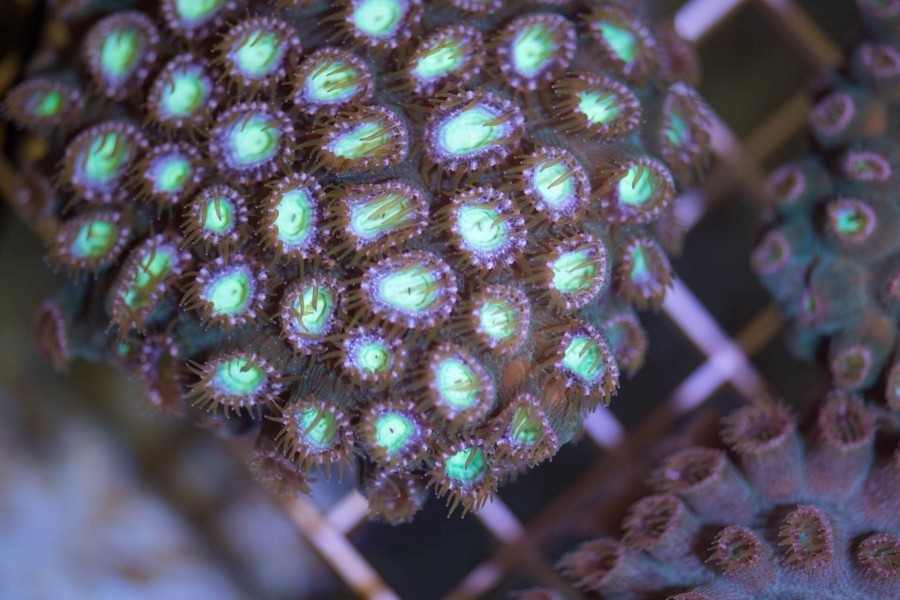As the unprecedented outbreak of stony coral tissue loss disease continues affecting more than 96,000 acres of Florida Keys reefs during December 2018, Mote Marine Laboratory and the Florida Department of Environmental Protection (DEP) are co-leading a Restoration Trials Team to determine best practices and impacts of planting nursery-grown corals for research on effective reef restoration.
Team goals include ensuring that science-based coral reef restoration proceeds in a way that benefits the Florida Reef Tract, without unintended side effects such as increasing the spread of tissue-loss disease. The team is also working to develop research questions and weave disease research into coordinated, coral restoration efforts by multiple institutions.
As of mid-December 2018, the Restoration Trials Team has moved forward with outplanting corals for restoration and related research. With the Team’s approval, Mote has been working to outplant about 2,500 coral colonies of the reef-building, or “massive,” coral species that can be affected by tissue loss disease. They planted about half these coral colonies into the diseased zone and the other half into the vulnerable zone, which has yet to show signs of the disease. To date, none of the corals outplanted into the diseased zone have symptoms of stony coral tissue loss disease, but they will continue to be monitored. Findings will inform best practices for future restoration amid this persistent disease.
Mote and the DEP are collaborating with the following Restoration Trials Team members: National Oceanic and Atmospheric Administration, Florida Fish and Wildlife Conservation Commission, U.S. Geological Survey, Nova Southeastern University, Florida Aquarium, Coral Restoration Foundation, The Nature Conservancy and Coral Restoration Consortium.
Additionally, Mote has submitted a proposal to state and federal partners to advance another key aspect of its research: investigating in greater detail whether and how rapidly the disease might ultimately affect massive coral species grown in Mote’s land-based nursery and planted onto wild reefs. Research to-date suggests some of these corals may be resistant, but more frequent monitoring is needed to determine the fate of outplanted corals.


